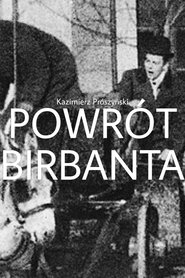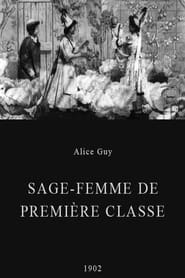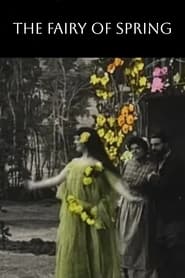kategori film tahun 1902
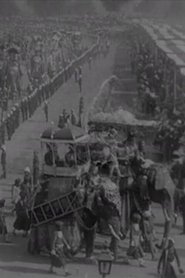
Delhi Durbar 1902
Aristocracy, army, elephants and more mark the start of the 1903 Durbar.
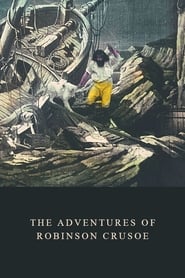
Robinson Crusoe 1902
Georges Méliès adaptation of Robinson Crusoe, the first film adaptation of the story. Filmed in black & white, Méliès would then paint the film by hand to colour it. Originally a 15 minute film, twelve and a half minutes of painted film have been found and have been restored.

Sure Cure for Indigestion 1902
In this film, we show the interior of a doctor's office. A patient enters, and judging from the expression on his face, he is in great pain. The doctor tells him that he is troubled with acute indigestion, and immediately places him upon the operating table. He begins his treatment by cutting off the patient's arms and legs with a huge saw. After removing these members, he takes a large knife and makes an incision in the unfortunate's stomach large enough to put his arm in. He then removes such things as bottles, knives and forks, lamps and other articles of furniture from the patient's body ...
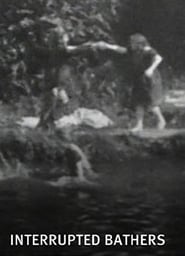
Interrupted Bathers 1902
Three girls are taking a bath in a quiet, shady spot along a beautiful stream. Another young lady in bathing attire reclines on the bank. The latter suddenly discovers two hoboes coming toward the bathers and immediately gives the alarm. They throw water over the hoboes, who gather up the clothes of the fair bathers and make off, compelling the bathers to walk home in barrels. In order to conceal themselves as much as possible they hold the barrels rather high.

Eccentric Dance 1902
"Danse excentrique" (Gaumont #587) is part of the "Miss Lina Esbrard. Danseuse cosmopolite et serpentine" series of 4 films, and should not be confused with "Danse serpentine" (Gaumont #588, the only extant film in the series), "Danse fantaisiste" (Gaumont #589) or "La Gigue" (Gaumont #590).
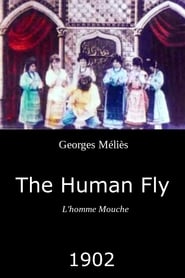
The Human Fly 1902
This is a moving picture that moves. Positively the greatest magical picture ever offered. A Hindoo magician appears and dances for the entertainment of six pretty maidens. Then, to the astonishment of all, he runs up the wall, dances and turns handsprings in mid-air, introducing many tricks that are entirely new in animated photography. The most puzzling of all the mystical series. (Star Film Catalog)
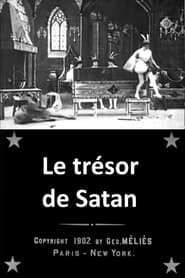
The Treasures of Satan 1902
The setting of this fantastic scene represents the hall of an old chateau in which a miser has locked up seven large bags containing his wealth. Satan, who has made his way into the chateau, puts the seven bags in a strong box, and makes with his hands some cabalistic motions. The miser comes into the hall and is greatly astonished to find his fortune missing. He opens the coffer and immediately the bags leap out. He gathers them up and puts them back into the coffer. When he opens it again he finds that they have been transformed into seven young girls, who rush out and chase after him, beating him unmercifully. They shut him up in the coffer from which his gold has vanished. The miser pushes open the lid of the coffer, and to his profound despair finds that both young girls and money have disappeared. (This view is most sensational in its mysterious scenes.) (Star Film Catalog)
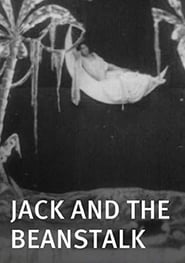
Jack and the Beanstalk 1902
Porter's sequential continuity editing links several shots to form a narrative of the famous fairy tale story of Jack and his magic beanstalk. Borrowing on cinematographic methods reminiscent of 'Georges Melies' , Porter uses animation, double exposure, and trick photography to illustrate the fairy's apparitions, Jack's dream, and the fast growing beanstalk.
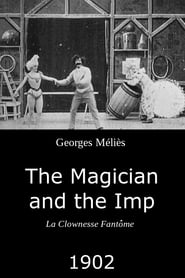
The Magician and the Imp 1902
The magician appears upon the stage with an imp as his assistant. The imp holds a piece of cloth in his hand. At the command of the magician the cloth is suddenly transformed into a beautiful girl, clad in tights. A barrel is then introduced and the girl enters one end.
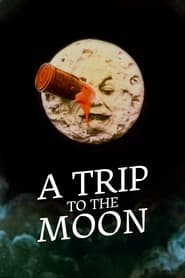
A Trip to the Moon 1902
Professor Barbenfouillis and five of his colleagues from the Academy of Astronomy travel to the Moon aboard a rocket propelled by a giant cannon. Once on the lunar surface, the bold explorers face the many perils hidden in the caves of the mysterious planet.
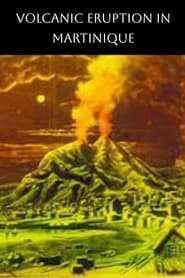
The Terrible Eruption of Mount Pelee and Destruction of St. Pierre, Martinique 1902
This picture depicts the eruption of the volcano by which over 30,000 souls were hurled into eternity. The numerous explosions which took place during the eruption are plain to be seen. Thousands upon thousands of tons of molten lava, sand, rocks and steam are thrown high in the air and descend with crushing force upon the unfortunate inhabitants of the doomed city of St. Pierre. This is the worst calamity which occurred since a similar eruption by Mt. Vesuvius when Pompeii was destroyed. (Lubin Catalog)
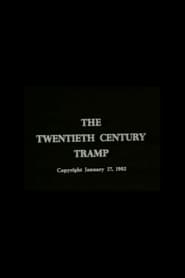
The Twentieth Century Tramp; or, Happy Hooligan and His Airship 1902
A comic picture that defies description. It depicts the Twentieth Century up-to-date tramp flying over the chimney tops of New York City in the latest improved flying machine. Weary Willie has the indispensible tin can hanging from his waist and he waves his hands to his friends as he flies along. He passes over the top of the Equitable Life building and other New York sky scrapers. He flies over the East River and clears the top of the Brooklyn Bridge, and appears to be making his way toward Staten Island. When he is about in the centre of the river, his flying machine explodes, and like the unfortunate McGinty, down goes Weary William.
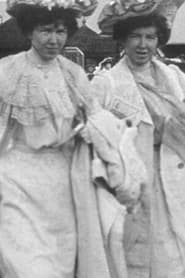
Great Yorkshire Show at Leeds 1902
The well-dressed Edwardian ladies and gents of the county tour the annual agricultural show.
